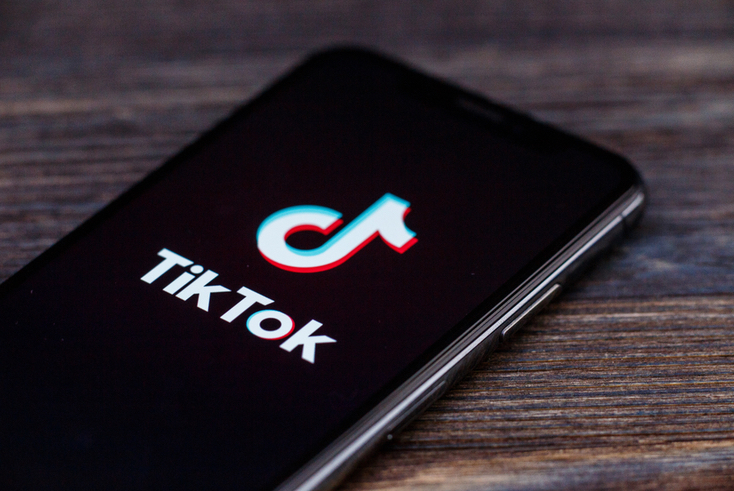TikTok blames misconceptions and ‘geopolitics’ after UK govt ban

The UK Government today banned the use of TikTok on government devices.
The ban comes after the Cabinet Office ordered a security review of the platform, which looked at the potential vulnerability of government data from social media apps.
The Government communicated that there is currently “limited use of TikTok within Government and limited need for government staff to use the app on work devices.”
However, given the potentially sensitive nature of information which is stored on government devices, a precautionary ban on TikTok on government devices has been introduced with immediate effect. The Media Leader understands that there has been no specific security concern that prompted the injunction.
Chancellor of the Duchy of Lancaster (and former Culture Secretary) Oliver Dowden said of the policy change: “The security of sensitive government information must come first, so today we are banning this app on Government devices. The use of other data-extracting apps will be kept under review.”
“Restricting the use of TikTok on Government devices is a prudent and proportionate step following advice from our cyber security experts.”
The move follows analogous bans passed by the European Commission and US. It is not yet clear whether bans on government devices have caused a significant exodus of everyday users concerned about their data privacy.
“We are disappointed with this decision,” a spokesperson for TikTok told The Media Leader.
“We believe these bans have been based on fundamental misconceptions and driven by wider geopolitics, in which TikTok, and our millions of users in the UK, play no part. We remain committed to working with the government to address any concerns but should be judged on facts and treated equally to our competitors. We have begun implementing a comprehensive plan to further protect our European user data, which includes storing UK user data in our European data centres and tightening data access controls, including third-party independent oversight of our approach.”
Earlier this month, TikTok launched ‘Project Clover‘, a new program focused on creating a “secure enclave” for European TikTok user data. A similar initiative, ‘Project Texas‘, has sought to address concerns among US legislators over TikTok’s data privacy in the States.
Such efforts in the US have not appeared to assuage concerns over national security. Earlier this week, the Biden administration threatened a national ban of TikTok if its Chinese owners did not divest their stakes in the company.
TikTok maintains that its user data is kept secure from anyone operating in China. Bytedance, TikTok’s parent company, is headquartered in Beijing but incorporated in the Cayman Islands, where the company’s founders and employees hold approximately 40% ownership stake.
However, in June of last year an exposé by BuzzFeed News found that US user data was repeatedly accessed by engineers in China. In a statement in July, TikTok VP and head of public policy Michael Beckerman conceded that “engineering teams”, including those based in China, “might need access to data for engineering functions that are specifically tied to their roles”.
The report prompted a renewed effort in the US to ban the app on the grounds of national security concerns, with government officials expressing fear that the Chinese government could ask to access user data. In December, a bipartisan group of congressmen introduced legislation to ban TikTok outright.
TikTok has been under scrutiny in America for years, and this is not the first time the US government has threatened to ban the platform. In 2020, then-president Donald Trump said he would move to enact a ban unless Bytedance sold its stake to an American company. TikTok was then nearly sold to Oracle, but the deal was never completed and eventually scrapped.



